
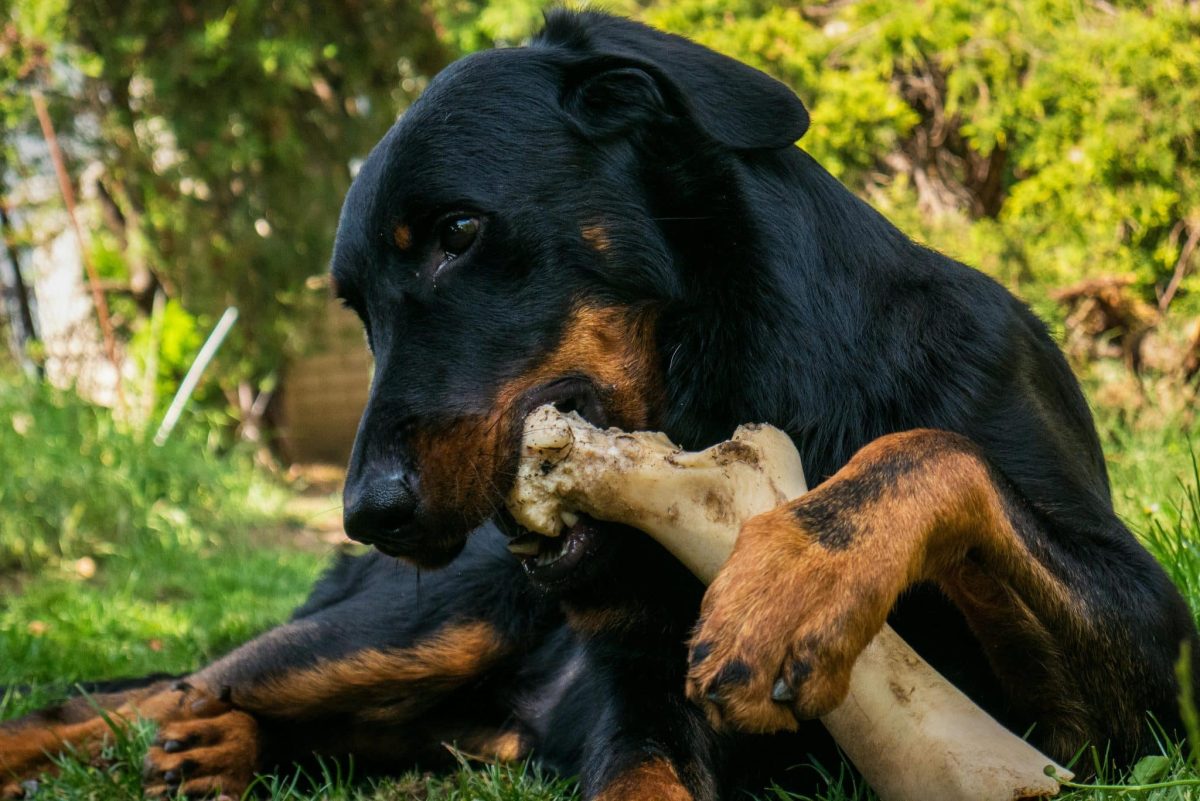 Shutterstock
Shutterstock
We love our dogs, and it’s hard to resist sharing food with them, especially when they give us those heart-melting puppy-dog eyes. However, many foods that are perfectly safe for humans can be toxic or even deadly for our four-legged friends. Dogs have different metabolisms, and some ingredients that we consider harmless can cause serious health issues for them. From common snacks to holiday treats, it’s crucial to know which foods are harmful to avoid an accidental trip to the vet.
Chocolate
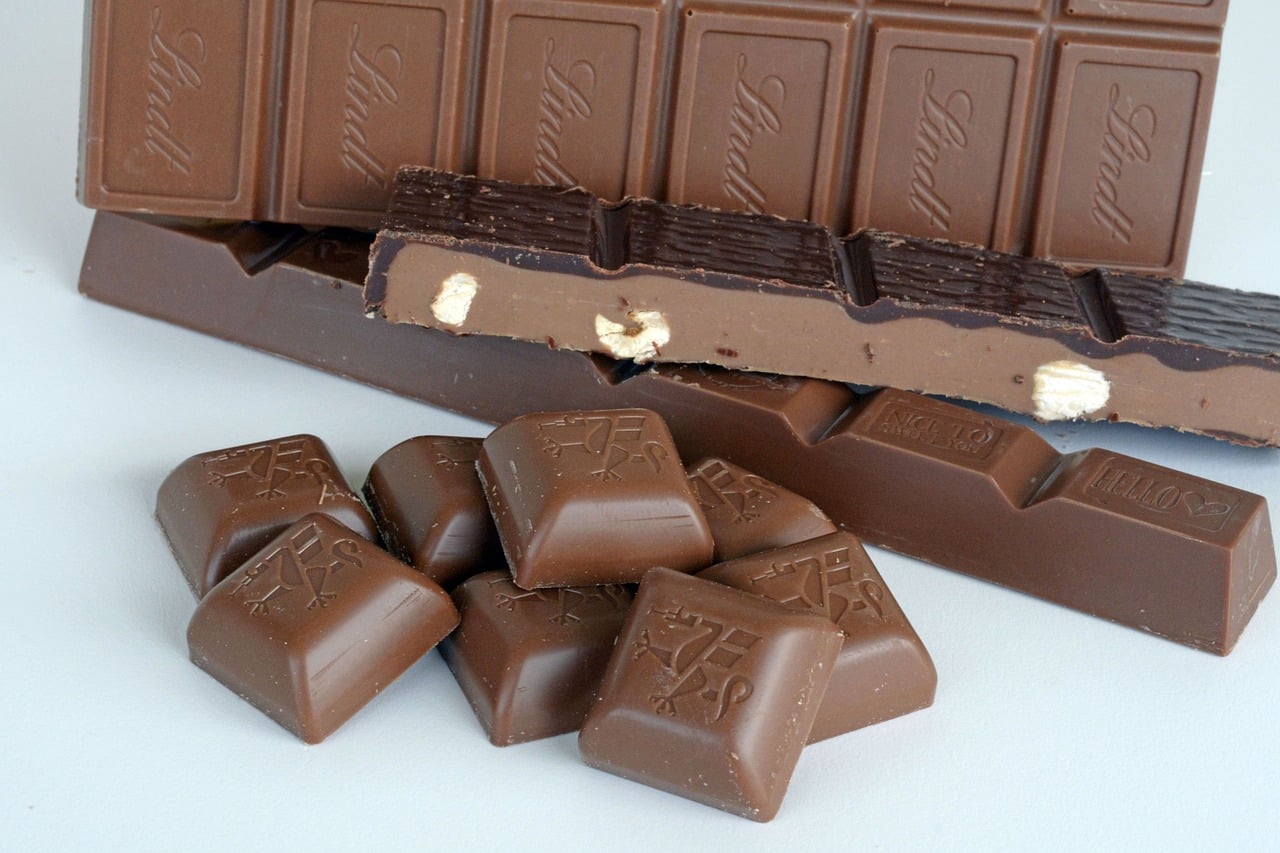 Shutterstock
Shutterstock
Chocolate tops the list of dangerous foods for dogs due to its theobromine and caffeine content, both of which are toxic to canines. Dark chocolate and baking chocolate are particularly harmful because they contain higher concentrations of these substances. Even a small amount of chocolate can cause vomiting, diarrhea, and hyperactivity in dogs, and large quantities can lead to seizures, heart problems, and in extreme cases, death. So, as tempting as it may be, keep all forms of chocolate away from your dog.
Grapes and Raisins
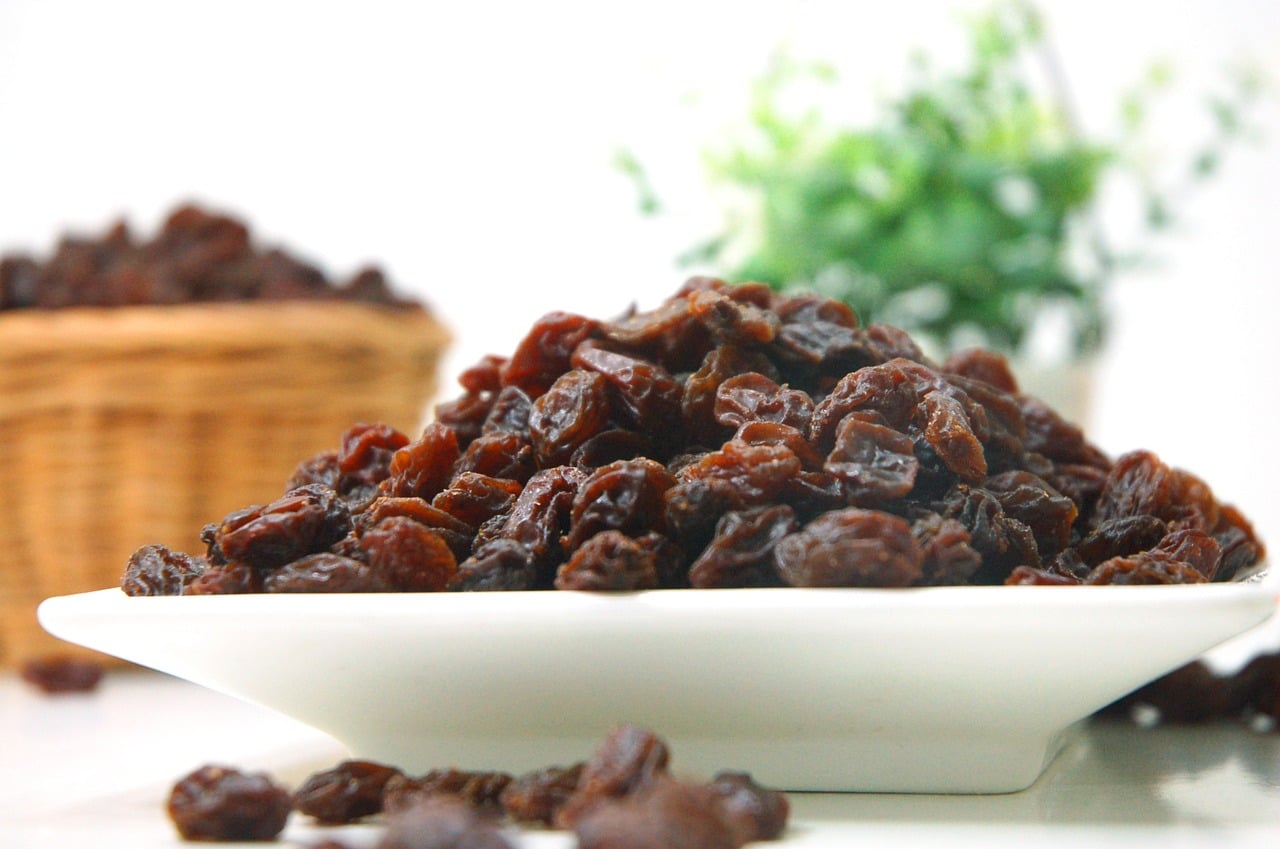 Shutterstock
Shutterstock
Grapes and raisins may seem like a harmless snack, but they are highly toxic to dogs and can lead to kidney failure. Even a small amount can cause symptoms like vomiting, lethargy, and a loss of appetite, and kidney damage can occur rapidly. The exact reason why grapes and raisins are toxic to dogs is unknown, but it’s best to err on the side of caution and avoid giving them these fruits entirely. Whether fresh, dried, or in foods like raisin bread, these treats should be strictly off-limits.
Onions and Garlic
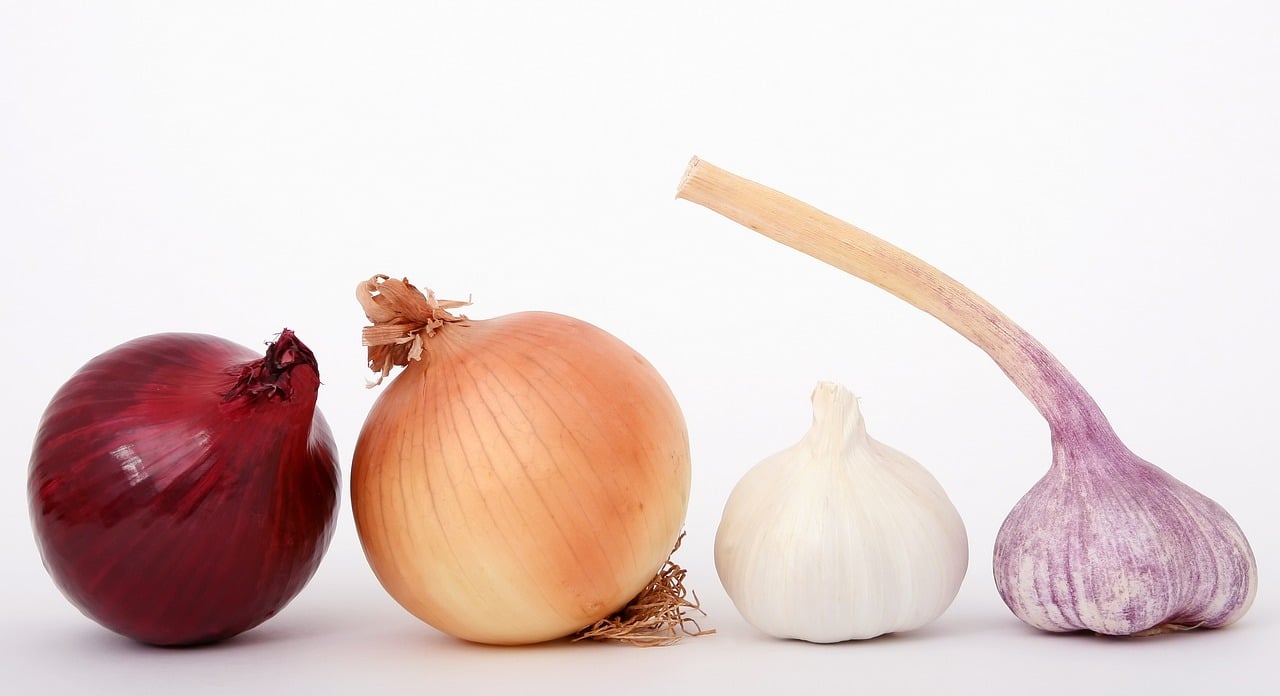 Shutterstock
Shutterstock
Onions and garlic, in any form—raw, cooked, or powdered—contain compounds that can damage a dog’s red blood cells, leading to anemia. Symptoms of onion or garlic poisoning may include weakness, vomiting, and breathing difficulties. Since even small amounts of onion or garlic powder (often found in sauces or seasonings) can be harmful over time, it’s wise to avoid giving your dog any foods that contain these ingredients. Be especially cautious of baby food and soups, which often contain onion or garlic powder.
Avocado
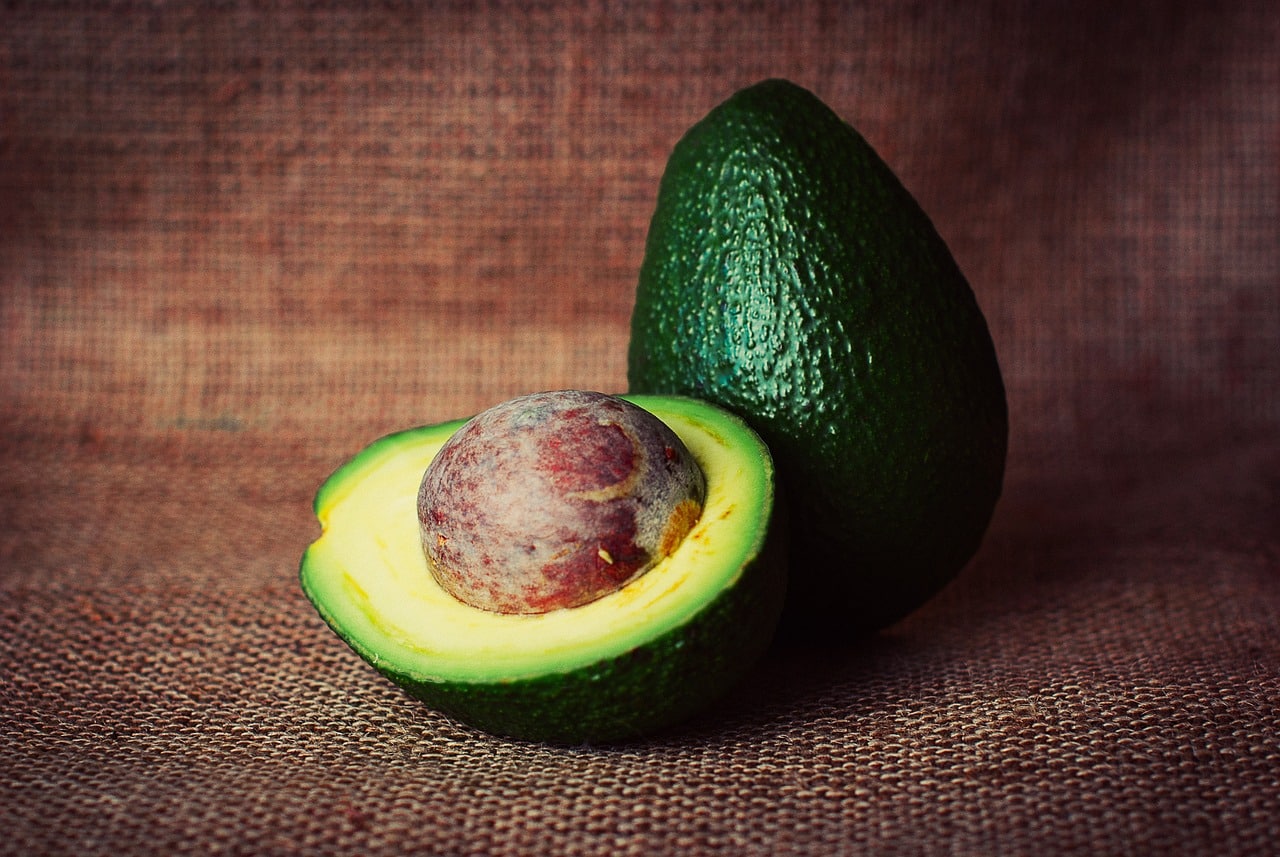 Shutterstock
Shutterstock
While avocado is a popular superfood for humans, it’s a no-go for dogs. Avocados contain a toxin called persin, which can cause vomiting, diarrhea, and, in severe cases, heart issues in dogs. The pit, skin, and leaves are particularly harmful, but even the flesh can cause problems. The avocado pit poses an additional choking hazard, so it’s best to keep this creamy treat to yourself and out of your dog’s diet.
Alcohol
 Shutterstock
Shutterstock
Alcohol has a much stronger effect on dogs than it does on humans, even in small quantities. Just a little bit of beer, wine, or any other alcoholic beverage can cause vomiting, diarrhea, decreased coordination, and difficulty breathing in dogs. In severe cases, alcohol poisoning can lead to coma or even death. To keep your dog safe, avoid giving them any foods or drinks containing alcohol, and make sure to store alcoholic beverages out of reach.
Macadamia Nuts
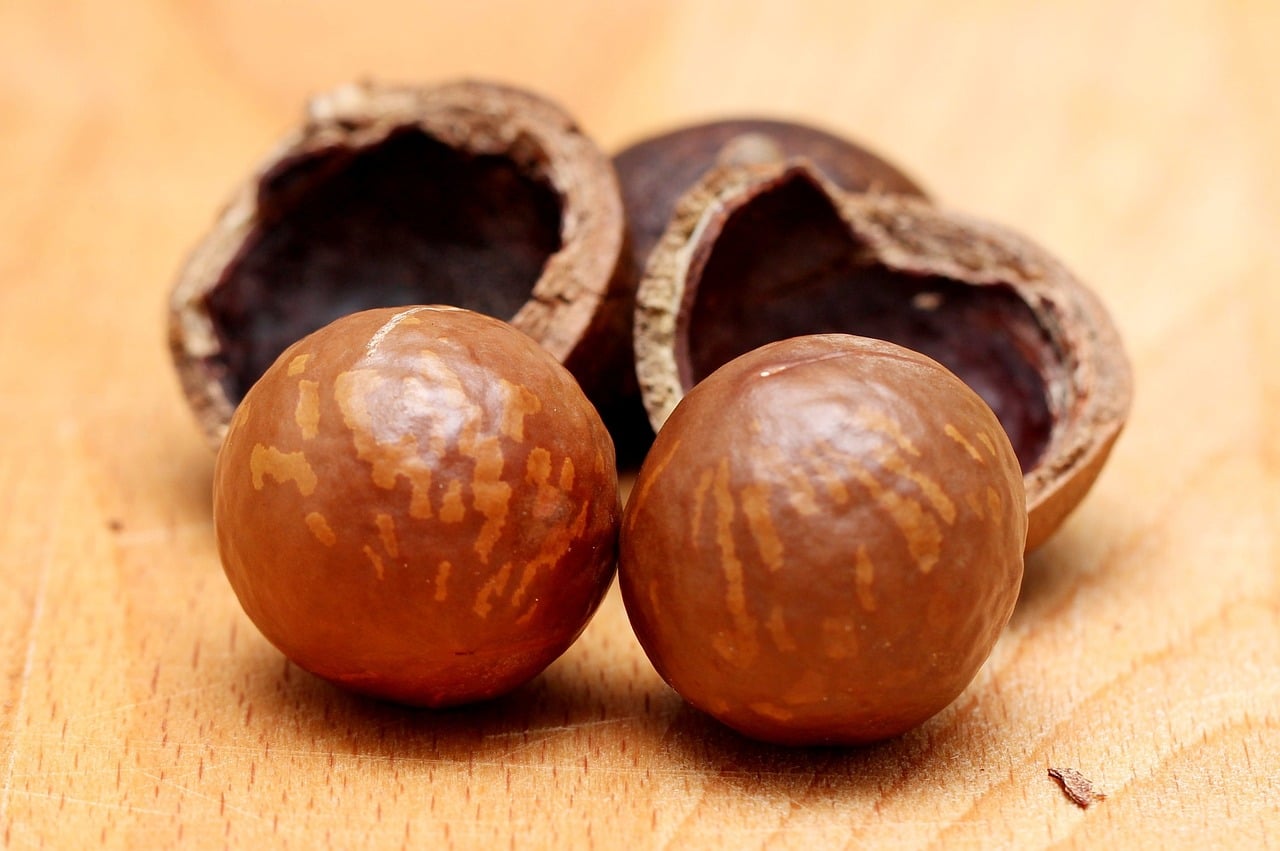 Shutterstock
Shutterstock
Macadamia nuts are highly toxic to dogs and can cause serious health issues even if consumed in small amounts. Symptoms of macadamia nut poisoning include vomiting, weakness, tremors, and fever. The reason for this toxicity isn’t fully understood, but it’s best to keep these nuts far away from your dog. Whether raw, roasted, or baked goods, macadamia nuts should be on your dog’s “no-eat” list.
Cherries
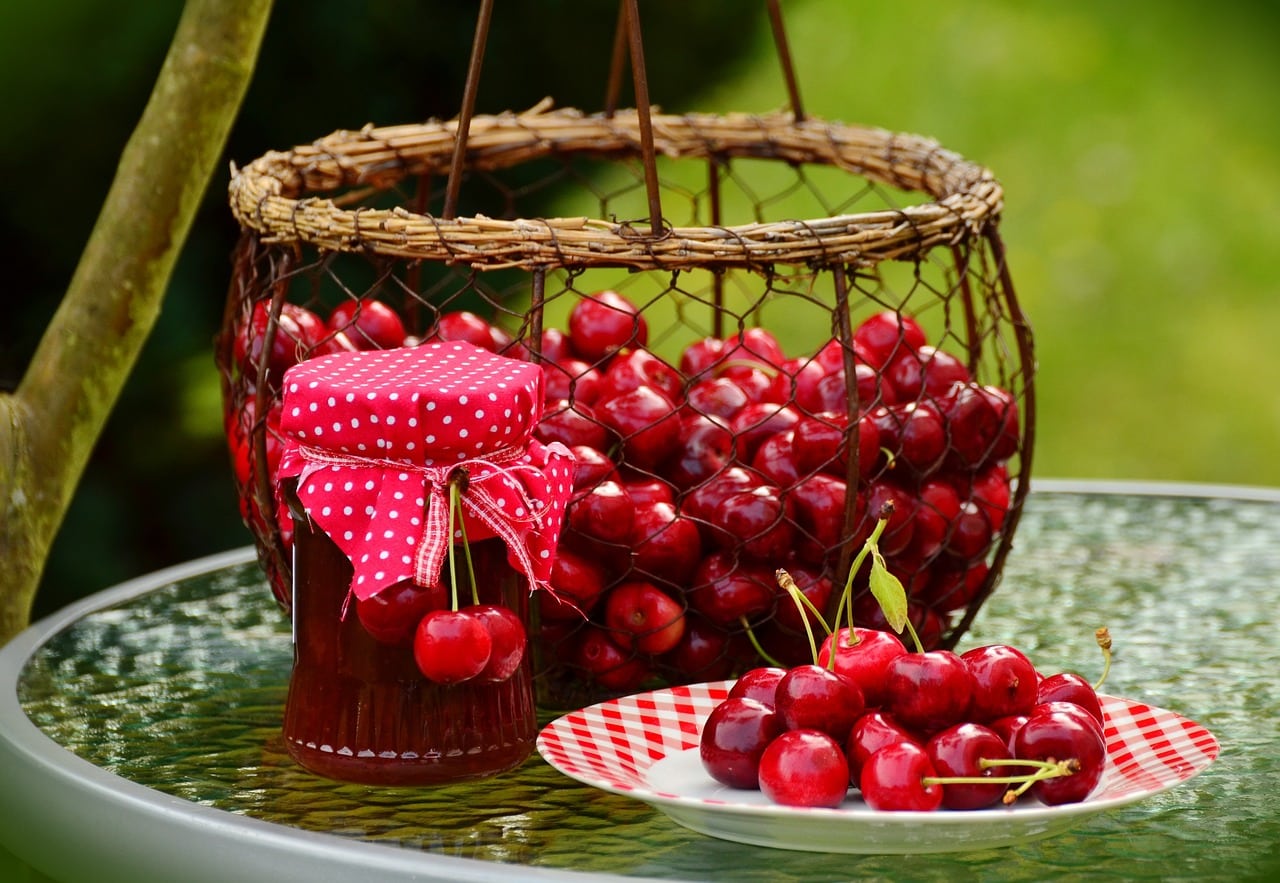 Shutterstock
Shutterstock
Cherries, especially their pits, stems, and leaves, contain cyanide, which is toxic to dogs. Ingesting cyanide can prevent a dog’s cells from absorbing oxygen, leading to symptoms like difficulty breathing, red gums, and even death if enough is consumed. While the flesh of the cherry is not toxic, the pits also pose a choking hazard and can lead to intestinal blockages. It’s safest to keep cherries entirely out of reach, as even a small mishap with the pit can be dangerous.
Caffeine
 Shutterstock
Shutterstock
Caffeine, found in coffee, tea, soda, and energy drinks, is harmful to dogs because of its stimulating effects on their nervous system. Symptoms of caffeine poisoning include restlessness, rapid breathing, heart palpitations, and muscle tremors. Since caffeine sensitivity can vary from dog to dog, it’s best to avoid sharing caffeinated drinks or foods with your pet altogether. Even small amounts can be dangerous, so keep those morning cups of coffee out of paw’s reach!
Cooked Bones
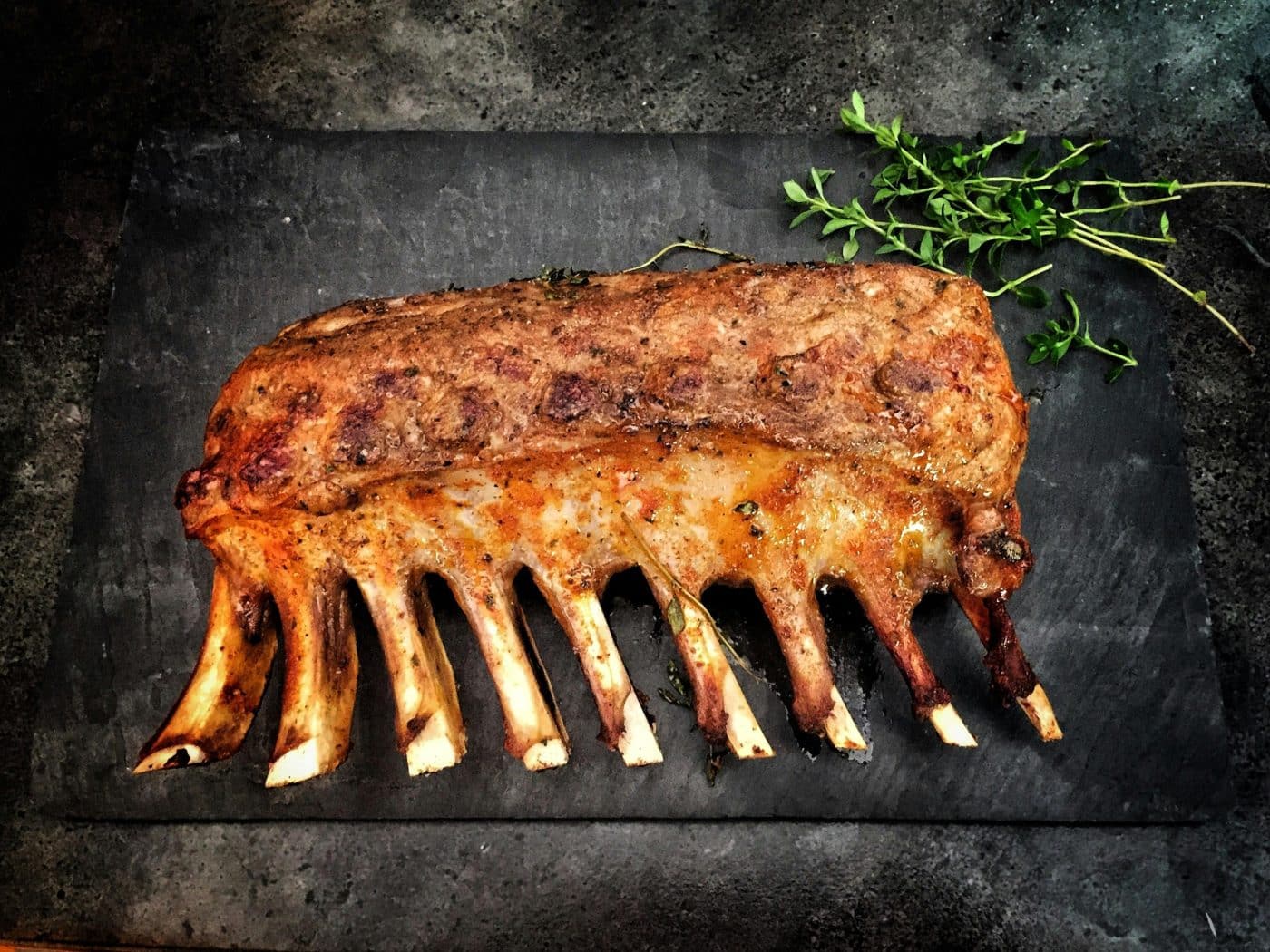 Shutterstock
Shutterstock
While raw bones can be safe for dogs, cooked bones can splinter and pose a serious risk. When dogs chew on cooked bones, there’s a danger of sharp pieces breaking off and causing internal injuries, including choking blockages, or tears in the digestive tract. Poultry bones, in particular, are notorious for splintering easily. To keep your dog safe, avoid giving them cooked bones, and instead opt for veterinarian-approved chews or raw bones with supervision.
Raw Meat and Fish
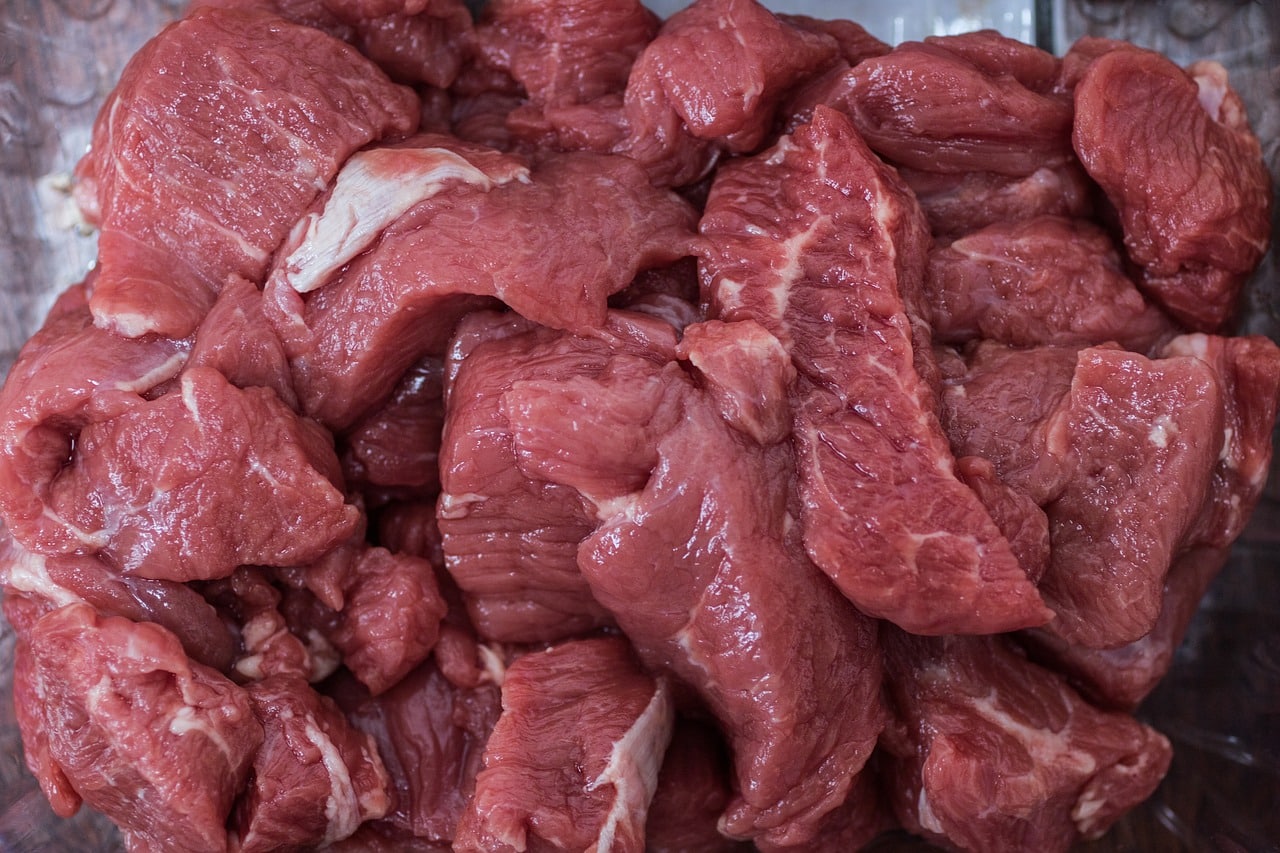 Shutterstock
Shutterstock
Raw meat and fish may contain harmful bacteria such as salmonella and E. coli, which can lead to severe infections in dogs. Additionally, some types of fish, like salmon, may carry parasites that can be dangerous if not cooked thoroughly. Symptoms of bacterial or parasitic infections include vomiting, diarrhea, and fever. While some dog owners successfully feed their pets a raw diet, it should be done with caution and under the guidance of a veterinarian.
Dairy Products
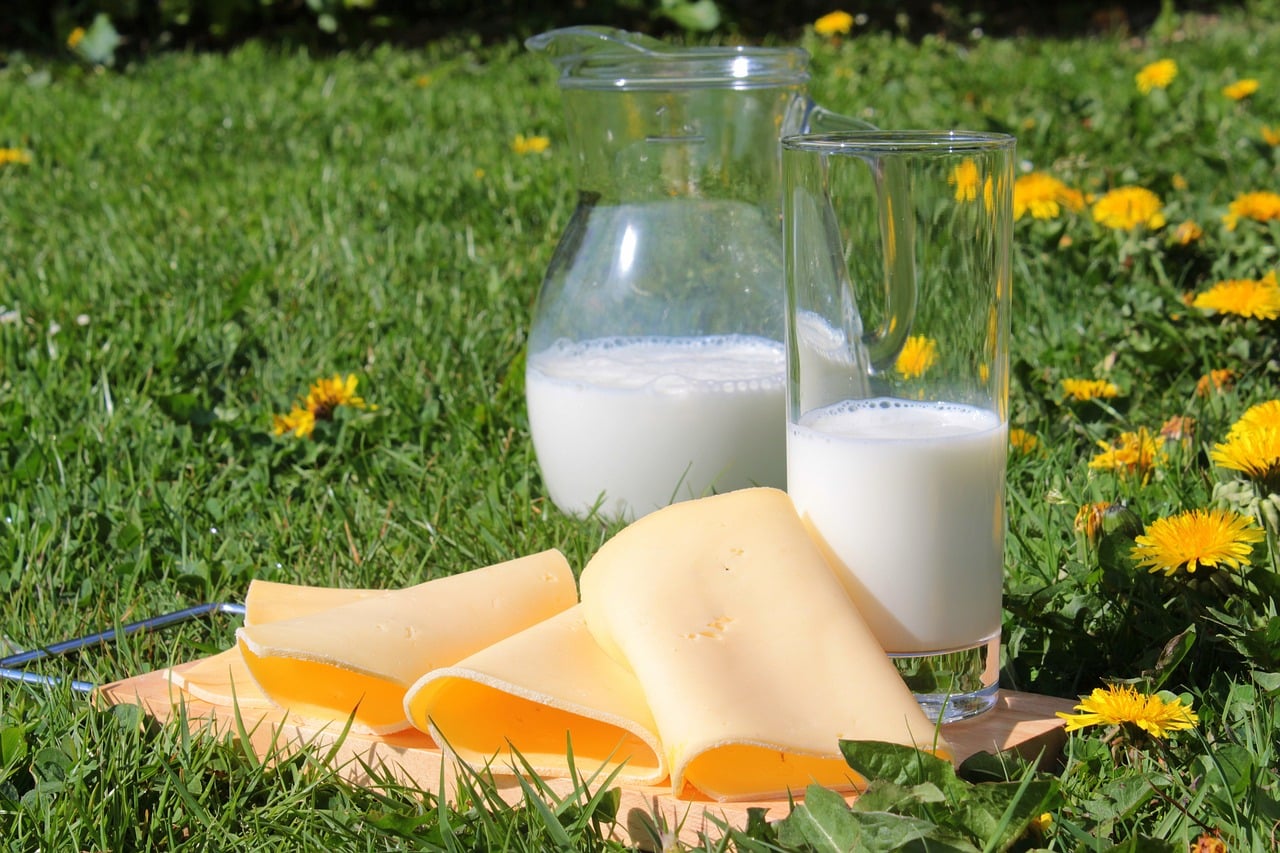 Shutterstock
Shutterstock
Many dogs are lactose intolerant, meaning they lack the enzyme necessary to break down lactose in dairy products. Feeding dogs milk, cheese, or other dairy items can lead to stomach upset, gas, and diarrhea. While small amounts may not cause issues in every dog, it’s best to avoid dairy as a regular part of their diet to prevent potential digestive problems. If you want to give your dog a creamy treat, consider lactose-free options specifically formulated for pets.
Yeast Dough
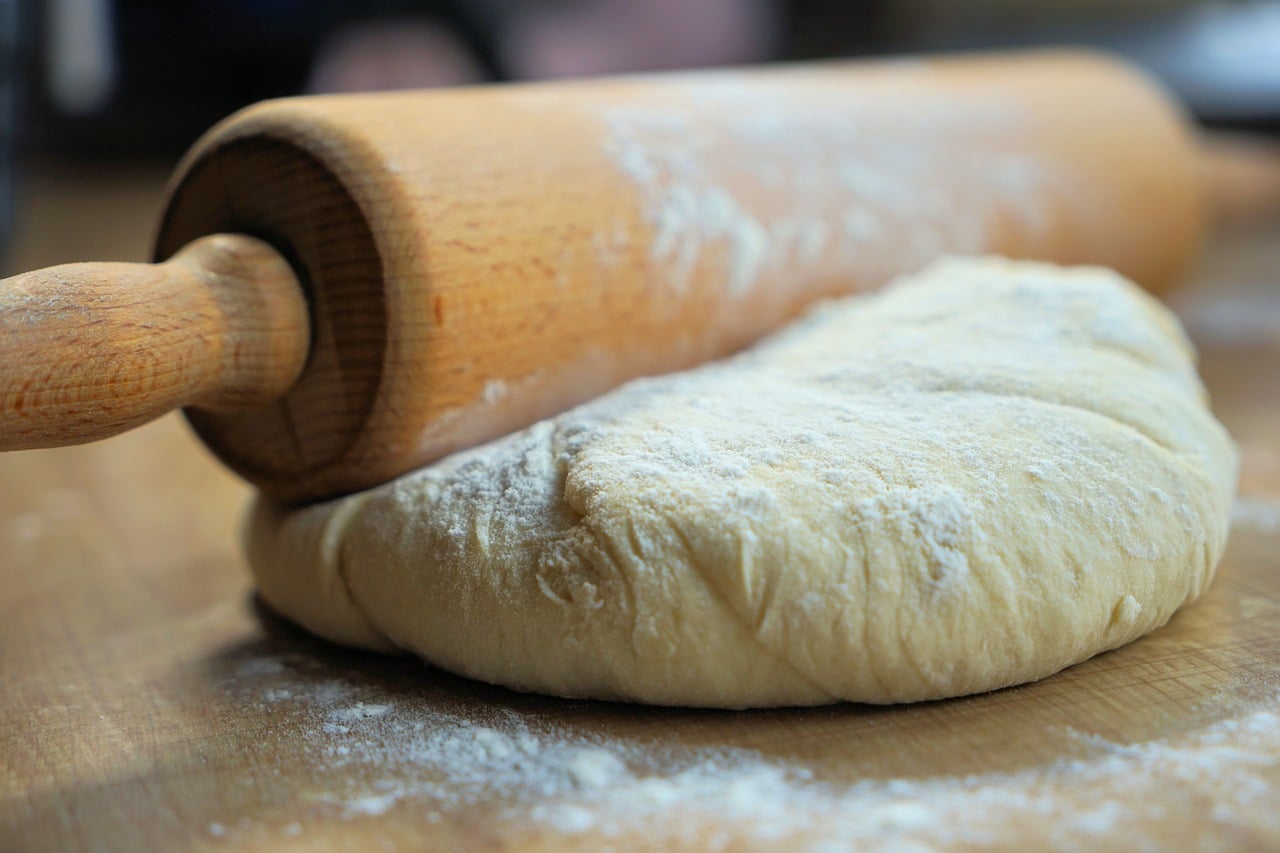 Shutterstock
Shutterstock
Yeast dough poses a dual threat to dogs: as it rises, it expands in a dog’s stomach, causing painful bloating. Additionally, yeast produces alcohol as it ferments, leading to the risk of alcohol poisoning. If your dog consumes raw yeast dough, symptoms may include bloating, weakness, and disorientation. To avoid these risks, keep any unbaked bread or pizza dough well out of your dog’s reach while preparing meals.
Apple Seeds
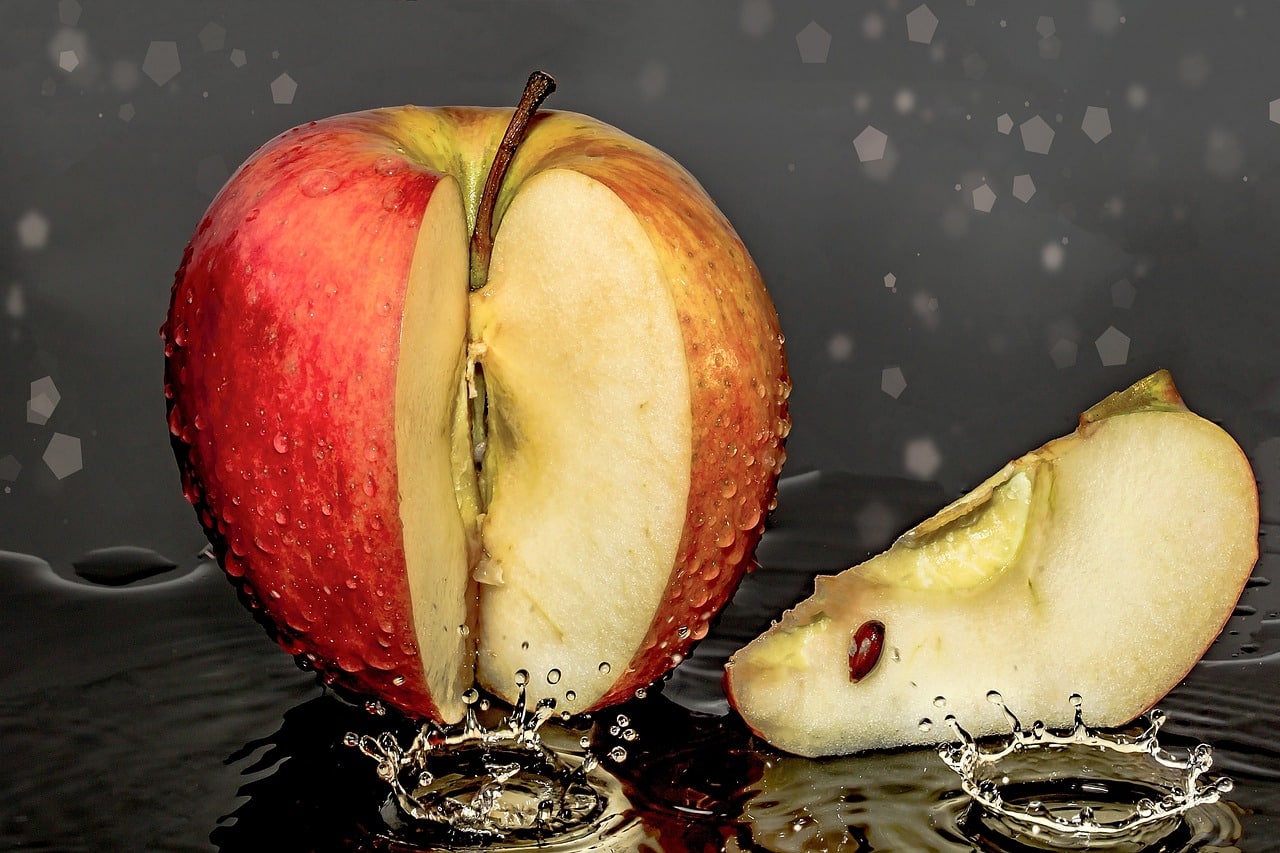 Shutterstock
Shutterstock
While apple flesh is safe for dogs in moderation, apple seeds contain cyanide, which is toxic if ingested in large amounts. Eating a few apple seeds occasionally may not pose an immediate threat, but regular exposure can lead to health issues over time. To be on the safe side, always remove the seeds and core before giving your dog an apple slice. Stick to seed-free pieces to keep your dog safe while enjoying this healthy snack.
Who Needs Chocolate When You’ve Got Dog Treats?
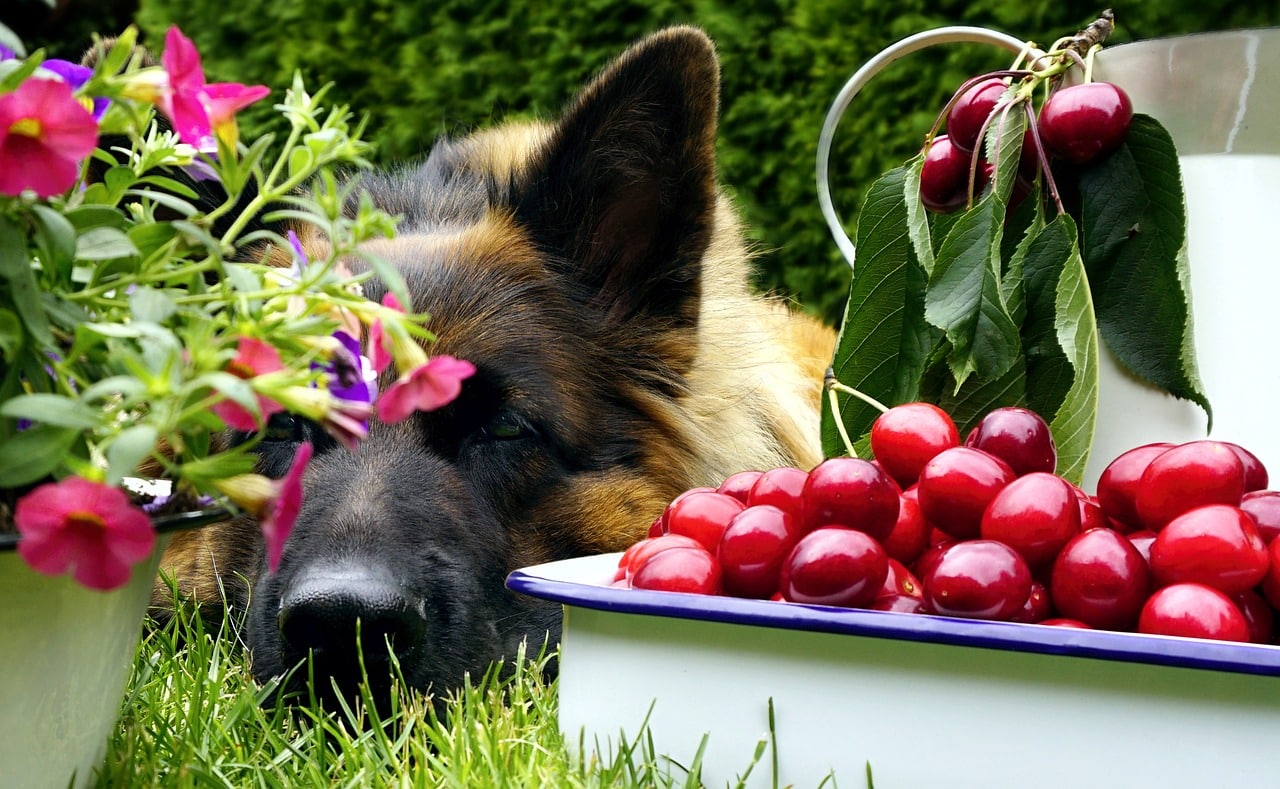 Shutterstock
Shutterstock
These seemingly harmless foods can pose serious risks to your dog’s health. Next time your pup gives you those big, pleading eyes, resist the urge to share your snack and reach for a dog-friendly treat instead. Your furry friend deserves to be safe and healthy—and there are plenty of pet-safe goodies that can satisfy their cravings without the risks. Keep these foods on your “do not share” list, and your pup will thank you with tail wags and happy barks, knowing that you’re keeping them safe with every bite!

